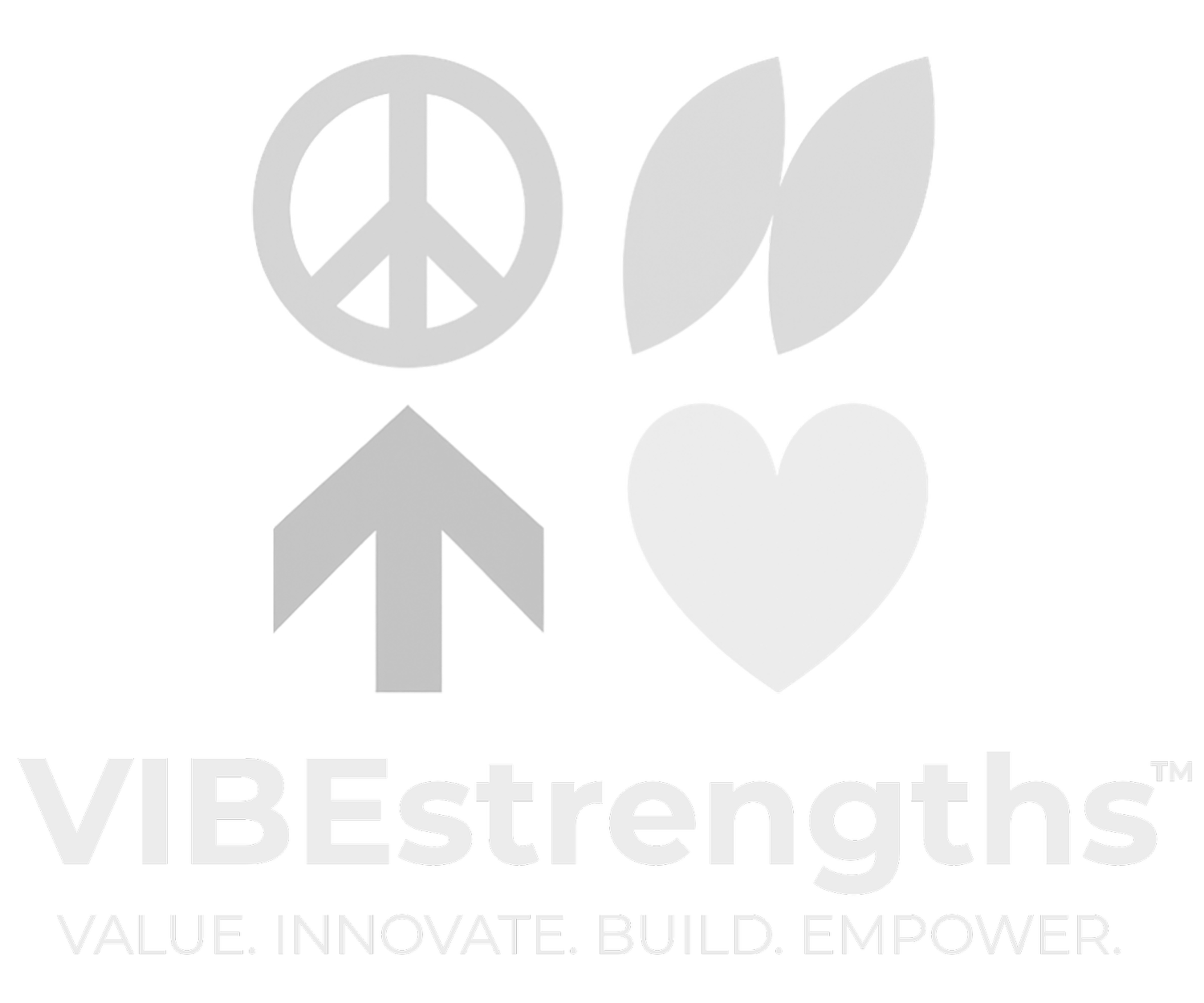The AI Strengths Coach
The Research Problem
The Modern Workplace is at a Crossroads
- Two major shifts are changing professional development: the rise of remote work and the rapid integration of AI
- This is especially challenging for mid-career professionals (5-20 years experience)
- They are often isolated, face increasing complexity, and lack access to traditional executive coaching, which can lead to career plateauing
The "Human Element" & Research Questions
Can AI Deliver the "Human Element"?
While AI coaching offers scalability and consistency, can it provide the empathy, trust, and connection essential for effective coaching?
Our Guiding Questions (RQs):
- How do participants experience a human-led coaching intervention?
- How do they experience a self-driven, AI-only intervention?
- How do they experience a hybrid (human-facilitated, AI-augmented) intervention?
- What is the relationship between these experiences and their work performance and satisfaction?
Theoretical Framework & Literature Themes
Grounding the Research
Framework: Self-Determination Theory (SDT)
All people need three things to thrive:
- Autonomy: A sense of choice and control
- Competence: Feeling effective and capable
- Relatedness: Feeling connected to others
Key Literature Review Themes:
- AI and Human coaching have distinct, complementary strengths
- Strengths-Based Coaching is an ideal intervention because it naturally supports all three SDT needs
- The "Human Element" (empathy, trust, collaboration) is a key differentiator
Research Design & Rationale
How We'll Answer the Questions
Design: A Convergent Mixed-Methods (Qualitative Primary) Approach
- Qualitative (Primary): Semi-structured interviews analyzed using Interpretative Phenomenological Analysis (IPA) to understand the lived experience
- Quantitative (Secondary): An adapted Working Alliance Inventory (WAI-SR) survey to measure the coaching relationship
Rationale: This design provides a comprehensive picture. The qualitative interviews give us rich, deep stories about how and why participants felt a certain way, while the quantitative data helps validate and add context to those stories.
Participant Journey
The Participant Experience
Who: 24 mid-career professionals (5-20 years experience) working in distributed roles
What: Randomly assigned to one of three groups: Human-Led, AI-Only, or Hybrid
Data Collection Instruments
Gathering Rich, Triangulated Data
📋 Semi-Structured Interviews
To capture in-depth stories and meaning-making about autonomy, competence, and relatedness
📊 WAI-SR Survey
To quantitatively measure goal alignment (Autonomy), task clarity (Competence), and bond (Relatedness)
📝 Observational Transcripts
To analyze the actual interactions within the coaching sessions (human conversations and AI prompts/outputs)
Anticipated Findings
What I Expect to Find
Central Expectation: Meaningful differences in how SDT needs are met across the three modalities
Human-Led
Will likely excel in supporting Relatedness due to empathy and genuine connection
AI-Only
May be strongest in supporting Competence through consistent, data-driven feedback
Hybrid
Could be the "best of both worlds," but may also introduce complexity for participants to navigate
Conceptual Validation: I expect to validate the proposed distinction between "Relational Trust" (human) and "Functional Trust" (AI)
Significance & Contribution
Why This Research Matters
For Theory
Develops a deeper understanding of how psychological needs can be met in technology-mediated development
For Practice
Provides evidence-based guidance for HR leaders and organizations designing and implementing AI coaching tools
For Design
Informs the creation of more effective, human-centered AI that supports, rather than undermines, meaningful growth
Thank You
Questions?
